WORLDWIDE: HEADLINES
New Zealand holds rates at record low as fresh COVID-19 outbreak stokes uncertainty
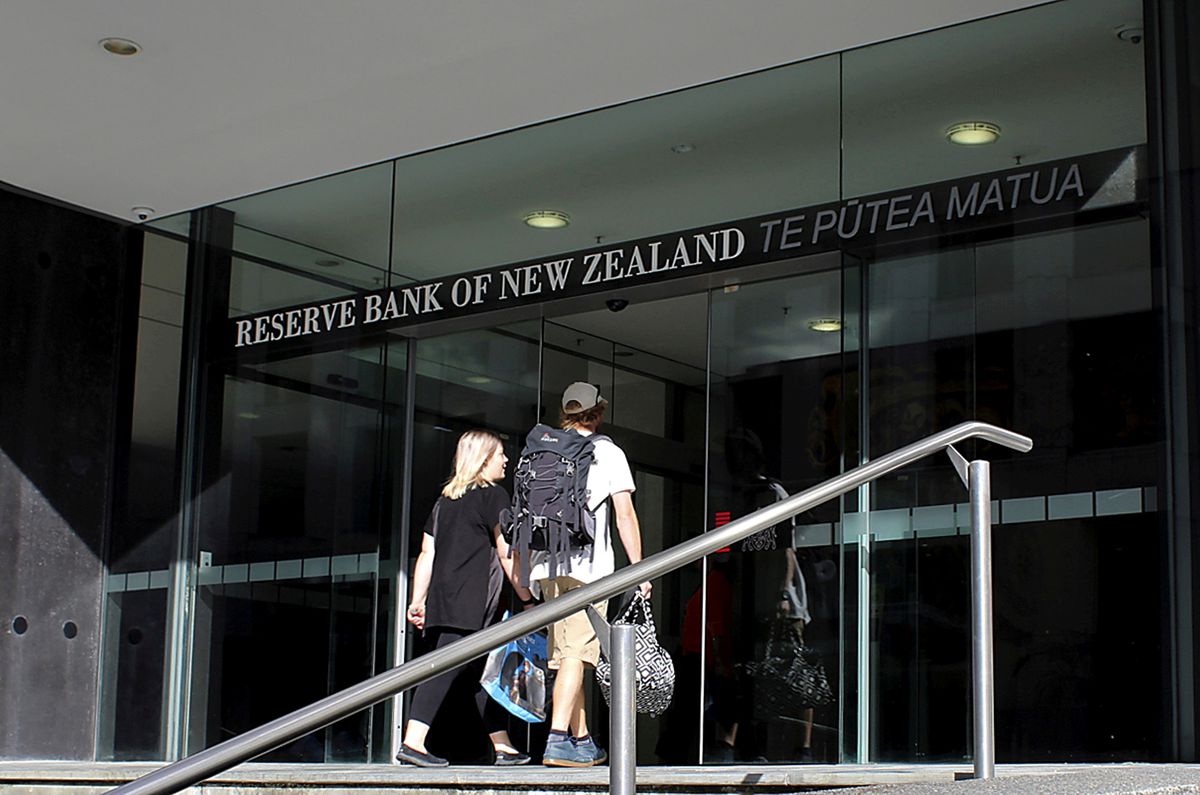
New Zealand’s central bank on Wednesday left interest rates unchanged at a record low of 0.25%, as policymakers quickly shifted gears after the country was put into a snap lockdown following the detection of new coronavirus cases.
The economy is running red-hot and a majority of economists polled by Reuters last week had expected the Reserve Bank of New Zealand (RBNZ) to raise the official cash rate (OCR) by 25 basis points from a record low to 0.50%.
Some said Governor Adrian Orr may even deliver a 50 basis point rate hike.
However, New Zealand’s first local COVID-19 infection in six months, reported on Tuesday, and a snap lockdown ordered for the entire nation hosed down those expectations and forced policymakers to confront the potential risks of moving now.
“Today’s decision was made in the context of the government’s imposition of Level 4 COVID restrictions on activity across New Zealand,” RBNZ’s monetary policy committee said in a statement.
The New Zealand dollar dropped 0.3% to $0.6917 after the announcement.
Full coverage: REUTERS
Japan’s exports extend gains, machinery orders fall amid fragile recovery
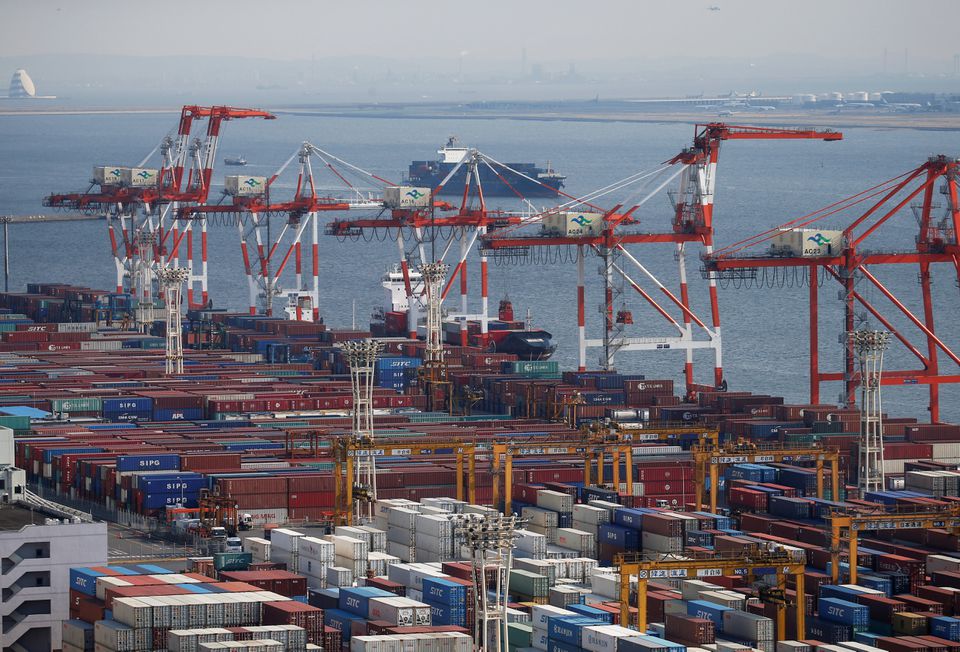
Japan’s exports marked a fifth straight month of double-digit growth in July, driven by U.S.-bound shipments of automobiles in a positive sign for a trade-led economy, although a key gauge of capital spending fell for the first time in four months.
The mixed batch of indicators underscored fragility in the world’s third-largest economy, which grew 1.3% in the April-June quarter due to solid exports and a surprise gain in private consumption.
However, prolonged coronavirus curbs on bars, restaurants and other face-to-face service sector businesses cloud the outlook, piling pressure on Prime Minister Yoshihide Suga to deploy another big stimulus package.
Ministry of Finance data out on Wednesday showed Japanese exports grew 37.0% year-on-year in July, a tad slower than a 39.0% increase expected by economists in a Reuters poll, although the gain was exaggerated by the contrast to the prior year’s COVID-induced slump.
It followed a 48.6% growth in the prior month.
“Exports remained in an uptrend, which will continue in the coming months even though car production may face supply constraint due to chip shortages,” said Yoshimasa Maruyama, chief economist at SMBC Nikko Securities.
“Although the service sector may take a hit from a prolonged COVID pandemic, corporate capital spending and output will stay on firm footing,” he said.
Still, Suga may roll out stimulus package of around 30 trillion yen ($274 billion), which will be used as a show of political will to back the economy at the time of the elections, Maruyama added.
Full Coverage: REUTERS
WORLDWIDE: FINANCE / MARKETS
Asian shares pinned at lows after Wall St falls, NZ holds rates steady
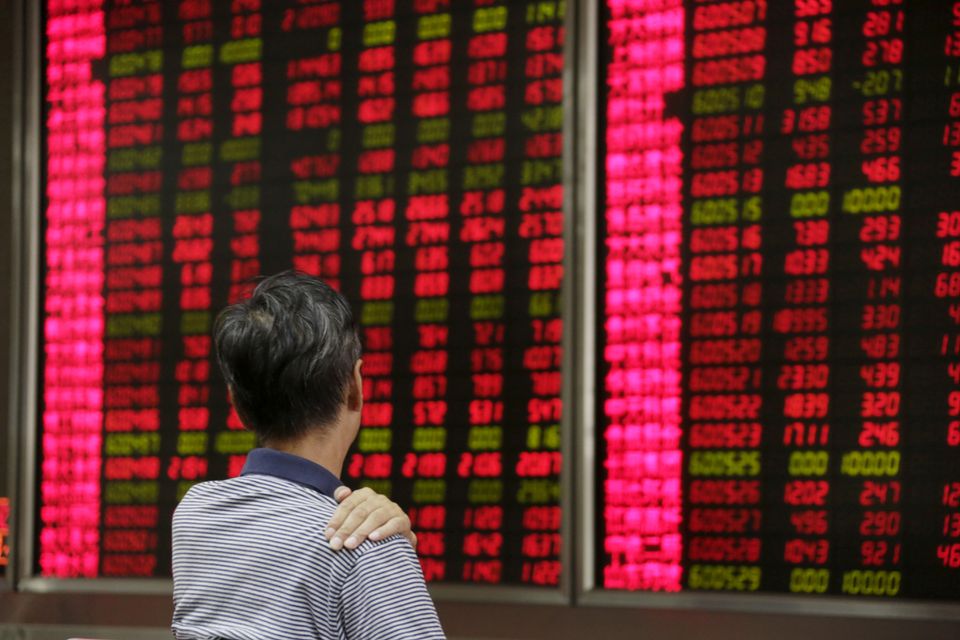
Asian shares held near year-to-date lows on Wednesday as overnight declines on Wall Street reinforced worries about the economic impact of the Delta coronavirus variant sweeping through the region.
The dollar stayed strong against most peers, while New Zealand’s central bank held off on a widely expected decision to raise interest rates after the discovery of a Delta variant case sent the country into lockdown.
The Reserve Bank of New Zealand would have been the first G10 central bank to begin hiking interest rates, but said the decision to hold was made in the context of the nationwide restrictions.
MSCI’s broadest index of Asia-Pacific shares outside Japan (.MIAPJ0000PUS) was up 0.19%, having fallen for the past five sessions, and traded just above year-to-date lows touched in July.
Chinese blue chips (.CSI300) rose 0.21% and Japan’s Nikkei (.N225) rose 0.35%. Taiwan stocks fell (.TWII) 1.09%.
“A narrative around the peaking of economic growth in the second or third quarter is really hitting home,” said Kerry Craig, global market strategist at JPMorgan Asset Management.
“Investors are trying balance the reopening of economies as vaccination rates go up, but also seeing the effects of the spreading Delta variant and that’s being reflected in the slowing economic data most of which has been surprising on the downside in the last two weeks,” Craig said.
Full coverage: REUTERS
Oil edges lower as spread of Delta variant clouds prospects for demand
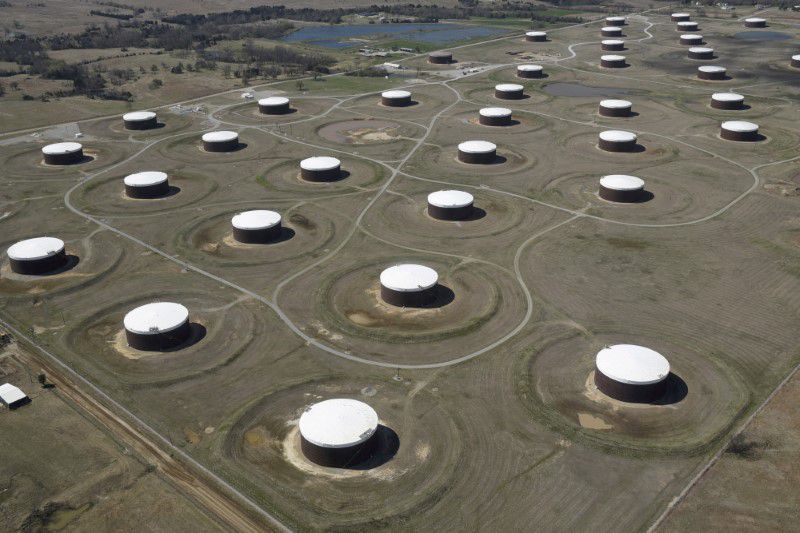
Oil prices dipped on Wednesday, a fifth day of declines with investors wary about prospects for stronger fuel demand as the use of rail, air and other forms of transport remained constrained amid surging COVID-19 cases worldwide.
Brent crude was down 5 cents or 0.1% at $68.98 a barrel by 0139 GMT, having fallen 0.7% on Tuesday. U.S. oil lost 6 cents or 0.1% to $66.53 a barrel after dropping 1% in the previous session.
“July oil demand looks pretty weak because of China’s industrial and retail slowdown, the floods there, as well as severe port congestion and a government clamp-down on the import quote of private refiners,” Henning Gloystein, energy director at Eurasia Group, said in a note.
“In India, the economic fallout of the severe Covid-19 outbreak earlier this year still weighs on the economy and consumer travel behavior,” he added.
Dollar stands tall as COVID rattles kiwi
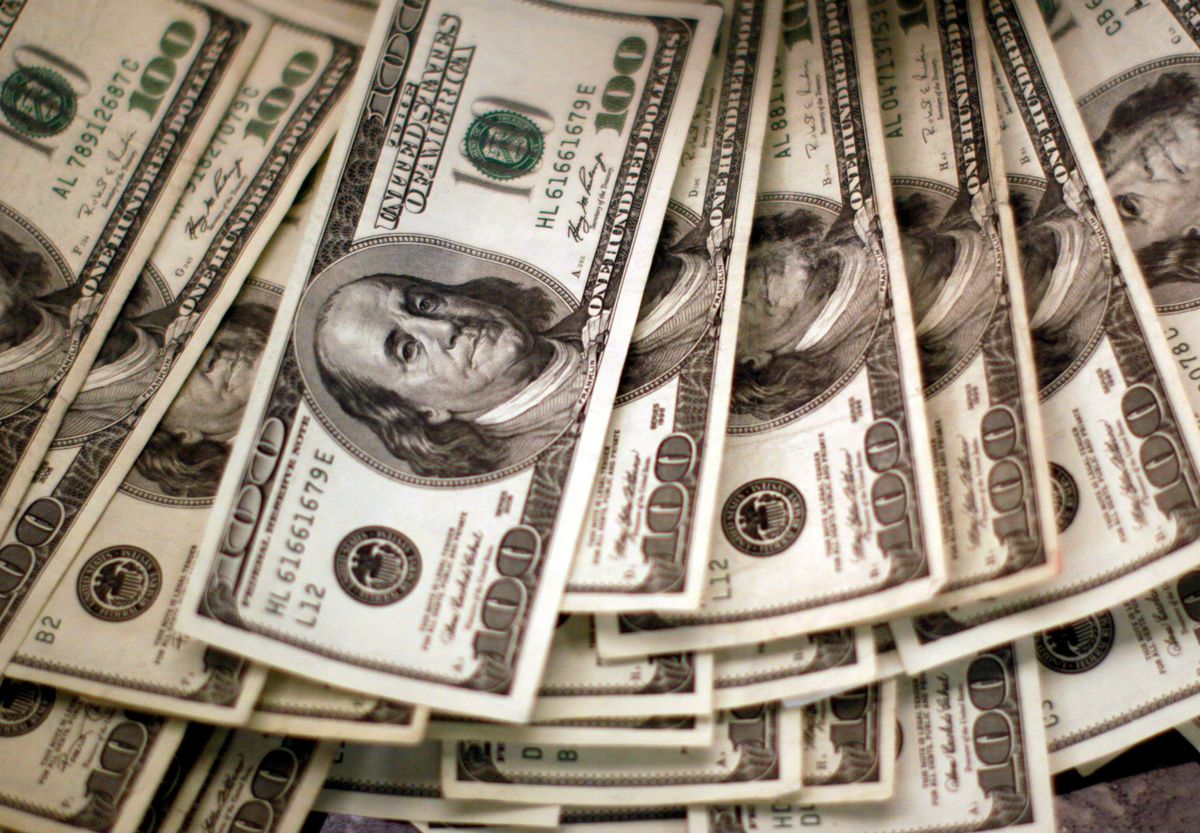
The dollar hit a nine-month high against the euro on Wednesday and held near recent peaks on other majors as investors cut exposure to riskier currencies, mostly on COVID-19 concerns, while the kiwi dollar was on edge ahead of a central bank meeting.
The euro touched $1.1702 early in the Asia session, its lowest since November 2020. The kiwi nursed losses at $0.6922, after the discovery of New Zealand’s first local COVID-19 infection in six months sent the currency tumbling on Tuesday and cast doubt on rate hike expectations.
The Australian dollar was also licking wounds by a nine-month low after it was dragged lower with the kiwi.
New Zealand reported four additional COVID-19 cases on Wednesday, all the highly-contagious Delta variant and the country has begun a nationwide lockdown.
The Reserve Bank of New Zealand is due to set benchmark interest rates at 0200 GMT and markets are no longer certain of it becoming the first G10 central bank to begin hiking, making a bumpy session likely according to analysts.
Swaps pricing last put the probability of a quarter-point hike at 70% ahead of the meeting, down from more than 100% before the virus case was detected.
“We struggle to construct a plausible RBNZ scenario which would cause no market reaction,” said Imre Speizer, a strategist at Westpac Bank.
“A 25 basis point hike would indicate the hawkish resolve of the RBNZ, and cause swap rates and the NZD to rise,” he said.


 Home
Home